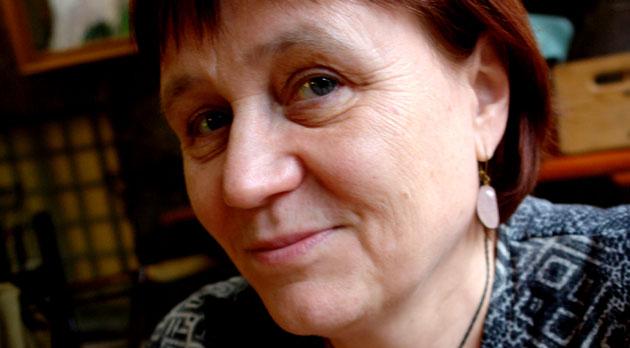Anna Šabatová, the newly-appointed ombud in the Czech Republic, wants to achieve greater respect for the Office of the Public Defender of Rights and to improve its cooperation with the authorities. Šabatová gave her remarks to the press during her travel to Brno, where she was scheduled to meet with staff this afternoon.
The new ombud already knows some staff members from her previous engagement as Deputy Ombud from 2001 – 2007, when Otakar Motejl headed the office. "I see it as a great advantage that I am returning to a familiar, friendly environment. I don’t know everyone, many of the employees have changed, but I will find some familiar and friendly faces here," she said.
Šabatová wants to achieve greater respect for her new role. "When I say something, I want it to matter," she stated.
For the time being it is not clear how the new ombud will share the office agenda with her deputy, Stanislav Křeček, who ran against her for the post. "I must determine how the office was run during the seven years I was away. I will speak with Dr Křeček in about a week about what agenda I will entrust him with," Šabatová said.
The new ombud has not yet had the opportunity to familiarize herself with the office’s current cases. "Confidentiality applies here, which means that until I took the oath of office I could not get involved in the cases that are now on the table," she noted.
Šabatová took the oath this morning with the chair of the lower house, Czech MP Jan Hamáček (Czech Social Democratic Party – ČSSD). She has also said she would like to expand some of the powers of the office.
Šabatová would welcome the opportunity to propose that the Constitutional Court abolish certain laws and would also like to be able file suit over questions of discrimination. At the start of the year 2000, when the first six-year term of the ombud was undertaken by former Czech Justice Minister Otakar Motejl, its mission was to protect citizens from inaction or poor decisions taken by the state administration.
Should the ombud determine that a specific state body has committed an error, the office has the power to call for that error to be corrected. If no correction is forthcoming, the law only makes it possible for the ombud to publicize the case – that is the highest sanction available to it at present.
